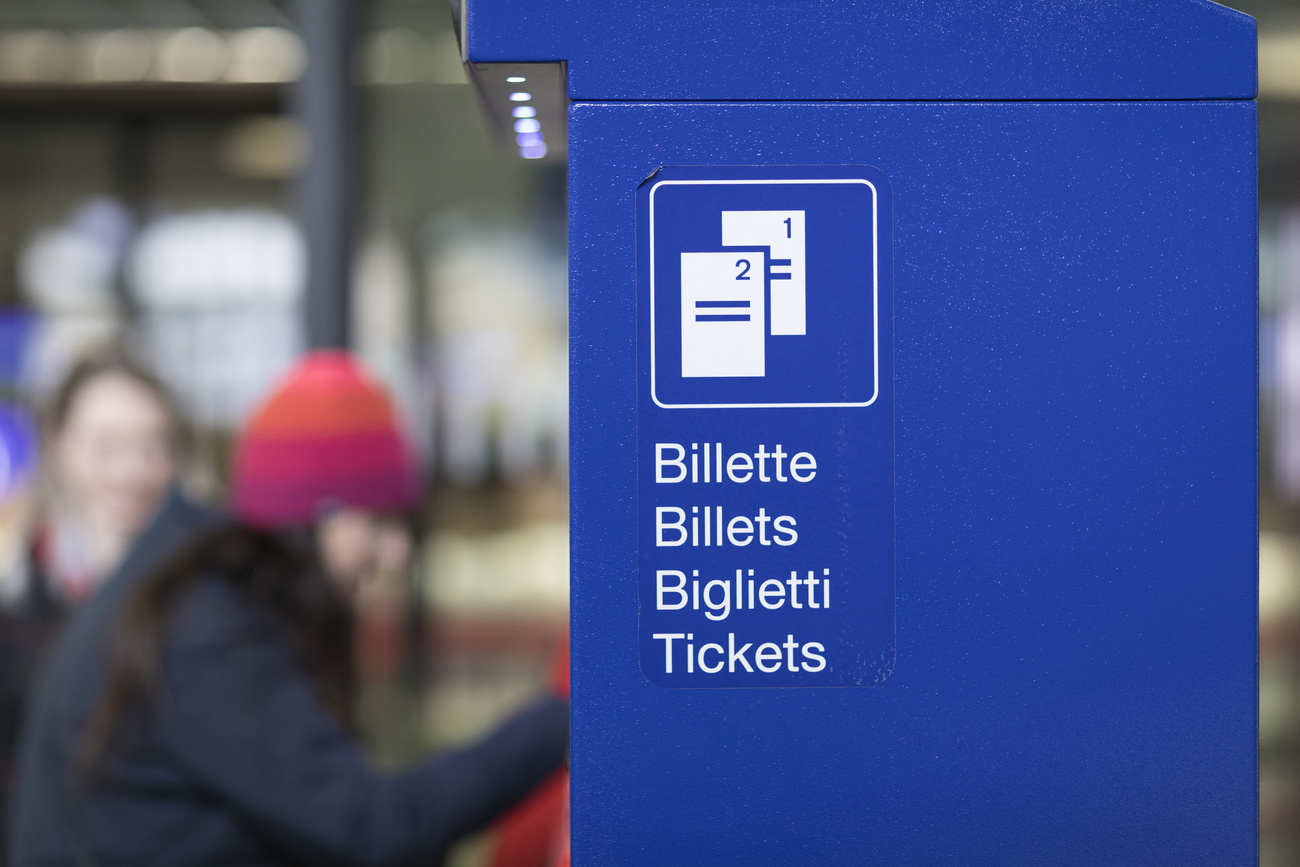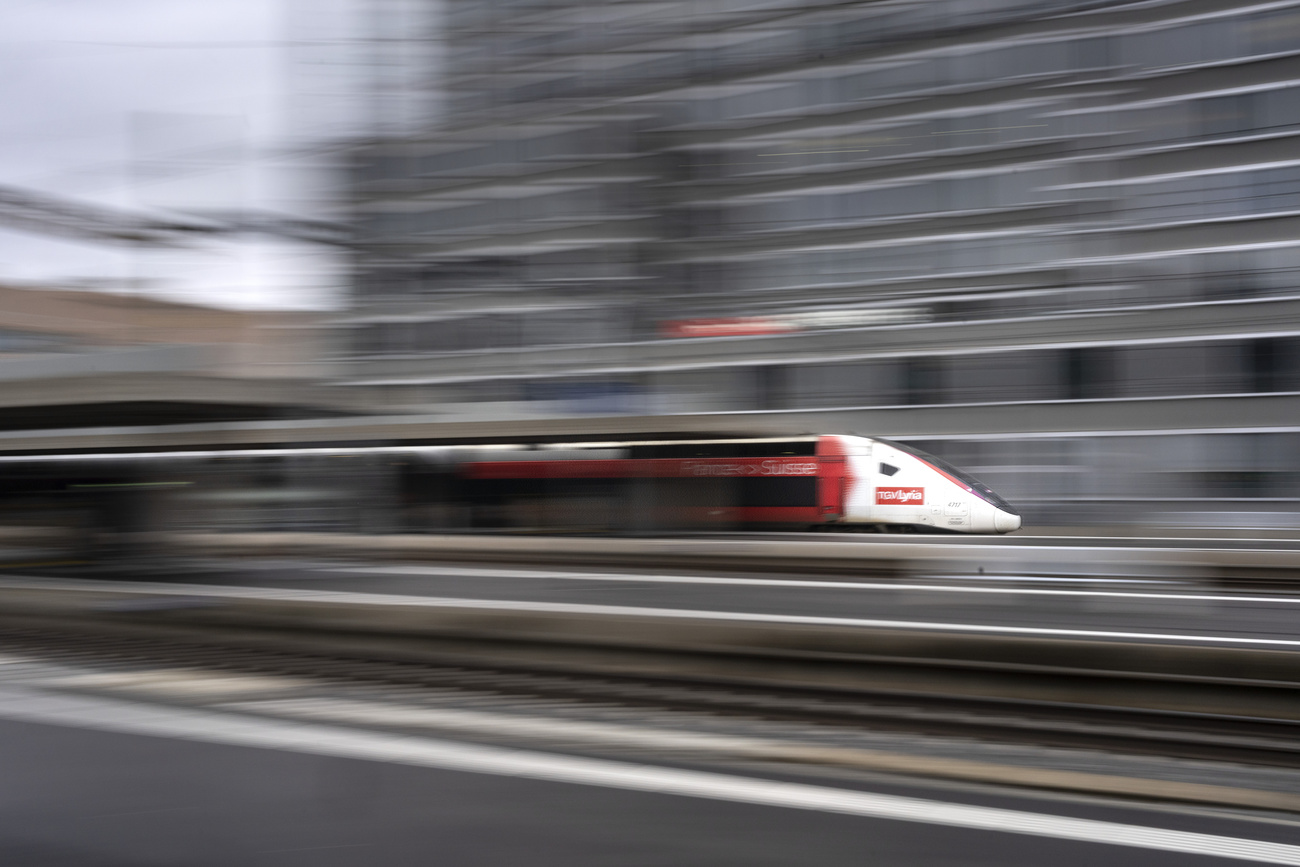
Swiss government exerted pressure to increase public transport fares

Public transport companies, that are supposed to set their own fares, faced government pressure to increase fares in 2024, according to a confidential document.
Public transport fares will rise by an average of 3.7% on December 10, the first increase since 2016. By law, prices are set by the companies in the sector, which are members of the SwissPass Alliance, as the Sunday paper SonntagsBlick pointed out. However, a confidential document obtained by the German-language newspaper shows that the Federal Office of Transport (FOT) put pressure on the industry to raise fares. The document is a letter from FOT Director Peter Füglistaler, dated March 27, 2023, addressed to the companies, the relevant cantonal offices and other tariff setters.
Füglistaler called for tariff measures to be implemented by 2024 at both national and regional level. As far as the latter is concerned, the federal authority even said it expected tariff measures to be “above average”.

More
Trains often more expensive than flights for Europe trips
Subsidies as the only lever
Contacted by SonntagsBlick, the FOT believes that “the autonomy of the transport companies in terms of fares has remained guaranteed”. The only source of indirect influence for the cantonal and federal authorities is the level of subsidies, it points out. But these must also take into account the interests of taxpayers, the FOT added. Because of the poor state of federal finances, the Federal Council decided at the start of the year to cut spending on regional public transport.
The SwissPass Alliance also believes that it has retained control over the setting of fares despite this letter from the FOT. After discussions with the official price watchdog Stefan Meierhans, adjustments were made to mitigate the 4.3% increase initially planned.
In May this year, however, Meierhans did observe a certain amount of pressure from the authorities on the industry: “According to verbal indications from decision-makers, de facto price sovereignty is severely limited”, he wrote in a letter.
Not planning any increase
According to SonntagsBlick, the Swiss Federal Railways has long been opposed to any price increases. In a presentation by its “Sustainable Financing” working group to representatives of the Federal Office of Transport and the Federal Department of Finance on October 27, 2021, it was stated that the company “is not planning any price adjustments until 2030, not least because of the uncertainties associated with the development of post-Covid traffic”.
According to the presentation, the fact that pricing measures have nevertheless been discussed in the public transport sector was “at the instigation of the FOT and the cantons”.
Since October 2021, however, energy prices have risen sharply, driven in particular by Russia’s invasion of Ukraine.
This news story has been written and carefully fact-checked by an external editorial team. At SWI swissinfo.ch we select the most relevant news for an international audience and use automatic translation tools such as DeepL to translate it into English. Providing you with automatically translated news gives us the time to write more in-depth articles. You can find them here.
If you want to know more about how we work, have a look here, and if you have feedback on this news story please write to english@swissinfo.ch.

In compliance with the JTI standards
More: SWI swissinfo.ch certified by the Journalism Trust Initiative




























You can find an overview of ongoing debates with our journalists here . Please join us!
If you want to start a conversation about a topic raised in this article or want to report factual errors, email us at english@swissinfo.ch.